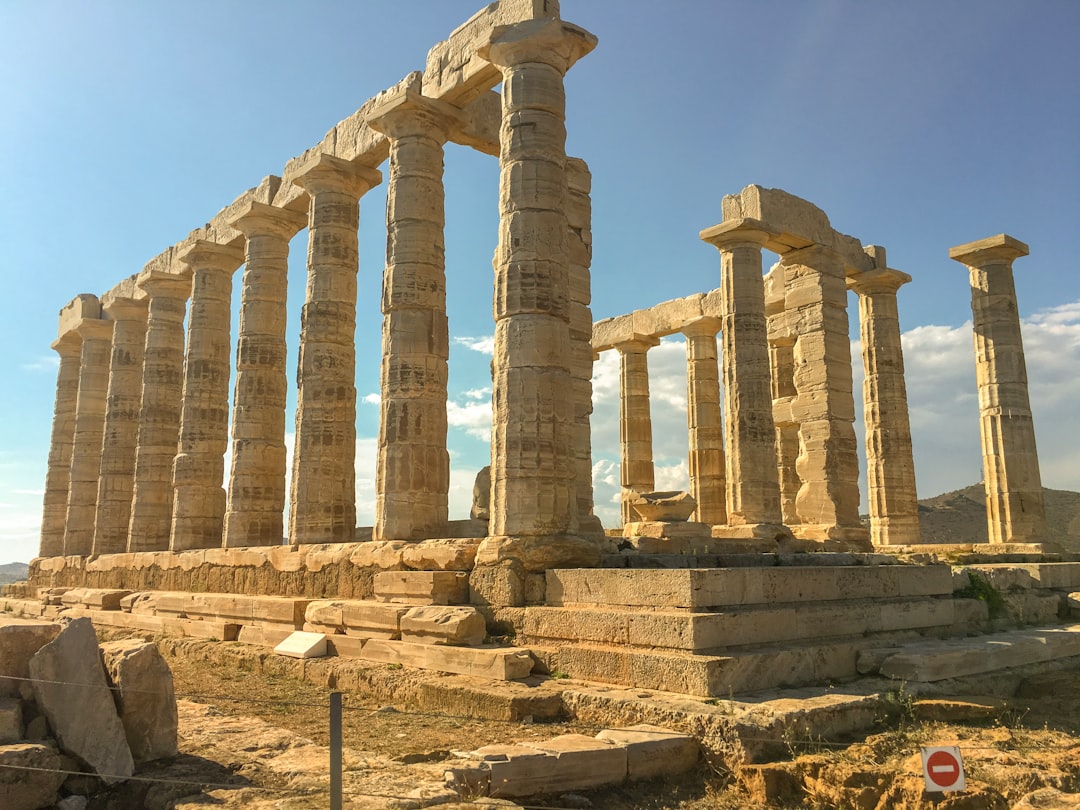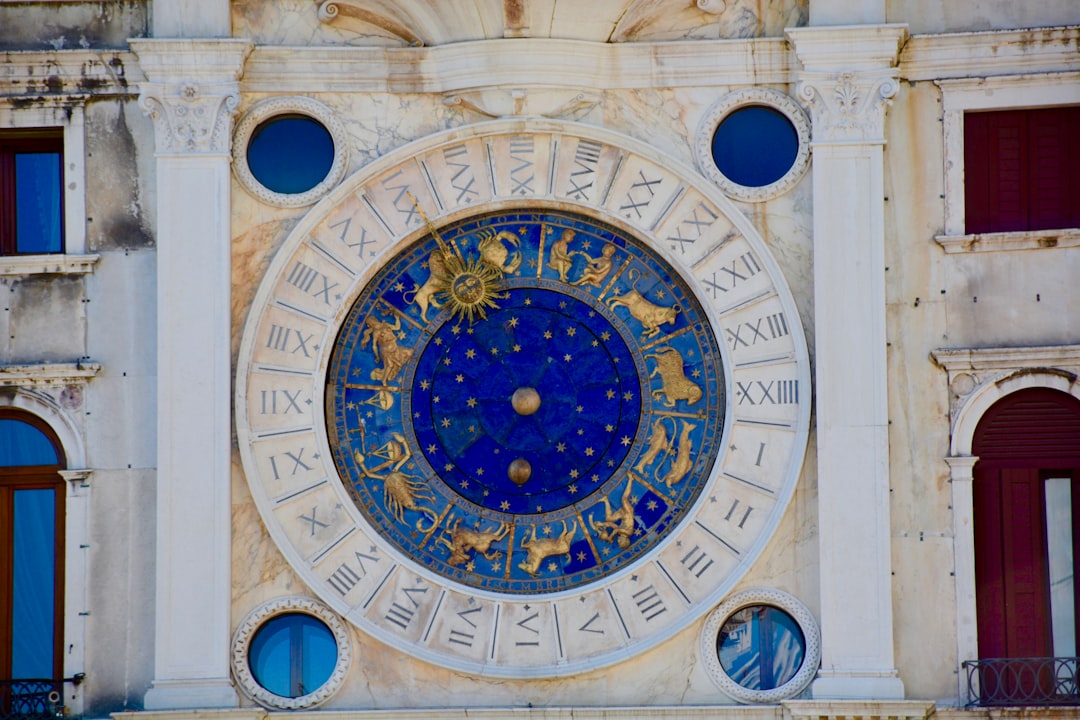Here at Under Lucky Stars - we love everything to do with the sparkly night sky above. We enjoyed sharing our Constellation Guides and April Part II is coming up next! For now, we wanted to give you a (Short) History of Astrology. We hope you enjoy reading it as much as we enjoyed writing it!
When you hear “Greece” what likely comes to mind is the vote-based system, the Olympic Games, folklore, reasoning, innovation, and different sciences, for example, mathematics and cosmology (astronomy). Did you know that the Ancient Greeks were also superstitious, in spite of their intelligent reasoning. Perhaps this is why it was the Greeks who allegedly started the art of crystal gazing - although signs of soothsaying are also traced back to Babylon, circa 2000 B.C.
It was the Babylonians who began to methodically apply legends to heavenly bodies and astrology and portray the twelve signs of the zodiac. The Egyptians took up the baton long after by refining the Babylonian arrangement of astrology, yet it was the Greeks who molded it into what we understand and find in our daily newspapers today. The Greeks obtained a portion of their legends from the Babylonians and thought of their own. Even the word astrology – alongside astronomy – derives from the Greek word for star, "asteri." (Not sure of the difference? Here’s all you need to know about Astrology versus Astronomy).
During the success of Asia by Alexander the Great, the Greeks were over time acquainted with the obscure societies and cosmological plans of Syria, Babylon, Persia and Asia. It was not long after that Greek scholars were able to understand "cuneiform" (an ancient system of writing) as the global language of scholarly correspondence this also enabled some ideas of astrology to pass from cuneiform to Greek.
For a long time, astrology and astronomy were one and the equivalent. Since people were helpless before nature, they saw the sky with dread, wonder, and even superstition. The changing climate was seen as evidence of divine power. All things considered, a flood could clear out the food supply simply as the perfect measure of precipitation could ensure an abundant gather. By following the stars, they could take control over their changing fortunes.
Horoscopes and Astrology
Horoscopic astrology initially showed up in Hellenistic Egypt. The earliest Greek content using the Babylonian division of the zodiac into twelve indications of thirty equivalent degrees each is the Anaphoricus of Hypsicles of Alexandria in 190 BC. The famous "Dendera Zodiac" – a sculpture from the roof of the pronaos of a house of prayer devoted to Osiris in the Hathor sanctuary at Dendera, containing pictures of Taurus and the Libra dating 50 BC – is the earliest known portrayal of the old-style zodiac of twelve signs.
Western horoscopic astrology was hugely advanced by Greek mathematician astrologer and space expert Ptolemy, whose work Tetrabiblos established the frameworks of the Western prophetic custom. Under Ptolemy, the planets, Houses, and indications of the zodiac were first clarified in incredible detail - and remains similar to how we understand it today. Ptolemy lived in the second century AD, three centuries after the disclosure of the precession of the equinoxes by Hipparchus around 130 BC.
All through time, astrologers have created straightforward yet modern implications for every one of the planets. Astrologers believe that every planet represents key aspects of human characters and thus their movements can be used to interpret earthly emotions. For instance, the Sun speaks to individual self-image and how we consider ourselves. The Moon portrays enthusiastic articulation and is often used to symbolise women or the feminine aspect to any situation. Mars speaks to inspiration; Saturn is the planet of control, etc. Astrology is dismissed by some, revered by others. Whatever you believe there is no denying that these succinct every day, week by week, or month to month horoscopes can be incredibly supportive!
Astrology normally takes its data from a chart. This could be the image of the earth and the encompassing heavenly bodies and planets at a predefined time. Verifiably astrologers have perceived 12 star heavenly bodies which thus are related to the 12 Astrological Signs – Aries, Taurus, Gemini, and Cancer, etc. Frequently, Astrology graphs are drawn as circles and partitioned into 12 areas that resemble pie wedges.
Every one of the 12 groups of stars or signs has its place around the edge of the hover of the graph. Every one of the pie wedges is alluded to as Houses each speaking to an everyday issue. For instance organizations, home, guardians, kin, work, profession, cash, companionships, and wellbeing just as other significant segments are spoken to.
Astrological readings were once done using calculations and antiquated diagrams based off an individual's time of birth. Modern day astrologers use computer programs to do individual star readings.
How to get your astrological reading?
If you are interested in having a professional reading and dipping your toe in astrology, this is the best way to begin:
• Do your homework, and find a well-reviewed astrologer.
• Ask companions, family, or associates for referrals.
• Be wary of online scams and check astrologers method and references.
• Know what you are looking for. Are you searching for clarity in your personal life or advice to move forward professionally?
• It may be hard to take in all the information at once. It would be a shame to forget it all, especially if you are paying for a session! Take notes if possible.
• Don't leave your common sense at home, and trust your own judgement!
Astrology and Religion
Astrology has long been intertwined with religion. It was additionally connected with the regular sciences, especially galactic perception (Campion, 2013; Maître and Becker, 1966). Astrology was also used to anticipate crop yields (Campion, 2013). The exact capacity for the planets to influence human issues depended on complex numerical tasks associated with the movement of heavenly bodies inside the zodiac circle (Pruzhinin, 1995). The position of planets, stars, and the sun were utilized to divine the best way to move forward on earth.
Today, astrology is increasingly commercialized and is rapidly rising in popularity.
Proficient astrologers make better-quality "horoscopes" which uncover certain viewpoints about an individual and how they should live (Pruzhinin, 1995). For instance, an individual who is an Aquarius may peruse their horoscope on the web and be told they will be unfortunate during a time of planetary situating.
Yet, is astrology a religion and "spiritual" or is it something entirely different? While modern day religion is declining, increasingly people recognize themselves as "spiritual". (Fuller and Williams, 2010). Spirituality may reject the constrictions and narrow beliefs of conventional religion, while allowing for inner persepctive and an undefined greater power.
Astrological Products
A star map is certainly our favorite star product! Commemorate a special moment forever in the night sky by mapping the stars on any given date. Our star maps are scientifically accurate and astronomically verified. If you are shopping for a star-gazer, here are some great gift ideas!
We hope you enjoyed this history of astrology. If you love stargazing as much as we do, remember to come back for our April Part II blog next week so you don't miss any special events.
Have a wonderful weekend, we hope the stars are aligned for you.





